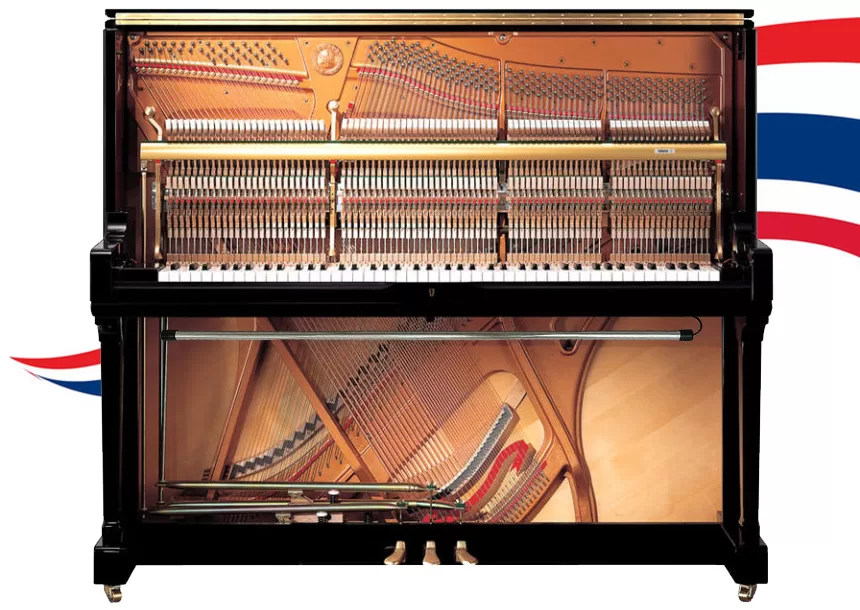Do I need a piano heater in Thailand?
In Thailand, the need for a piano heater largely depends on the specific climate conditions. The environment where the piano is kept should also be taken into account. Thailand generally experiences a tropical climate characterized by high temperatures and humidity levels, particularly in the central and southern regions. However, there are still variations in climate across different parts of the country.
Areas where a piano heater may be beneficial in Thailand include:
- Coastal Regions: Coastal areas, such as those in southern Thailand, tend to have higher humidity levels. This is due to their proximity to the sea. In these regions, piano heaters can help mitigate the effects of excessive moisture, such as swelling of components and mold growth.
- Urban Areas: Cities like Bangkok, with their urban heat island effect and dense population, may experience higher temperatures and humidity levels compared to rural areas. Indoor environments in urban settings, especially those with limited ventilation, may benefit from the use of piano heaters to maintain stable climate conditions.
- Monsoon-Prone Regions: Parts of Thailand, particularly the central and northern regions, experience heavy rainfall during the monsoon season. Increased humidity during this period can pose challenges for piano maintenance. Using piano heaters during the rainy season can help prevent moisture-related issues.
- Indoor Environments with Air Conditioning: While air conditioning systems provide relief from heat and humidity, they can also create dry indoor conditions. Especially when set to low temperatures for extended periods. In air-conditioned environments, piano heaters can help counterbalance the drying effects and maintain optimal humidity levels for the piano’s health.
Ultimately, the decision to use a piano heater in Thailand should be based on these important factors. The piano’s location, exposure to environmental elements, and the climate conditions prevalent in that specific area. Regular monitoring of temperature and humidity levels, along with consultation with a piano technician or climate control expert, can help determine whether a piano heater is necessary for preserving the instrument’s condition.
How much humidity should an acoustic piano have?
For acoustic pianos, including grand and uprights, the ideal humidity level typically falls within the range of 40% to 60%. Maintaining humidity within this range is crucial for ensuring the health and longevity of the instrument.
Contact us if you would like your piano’s health assessed by our consultant.

